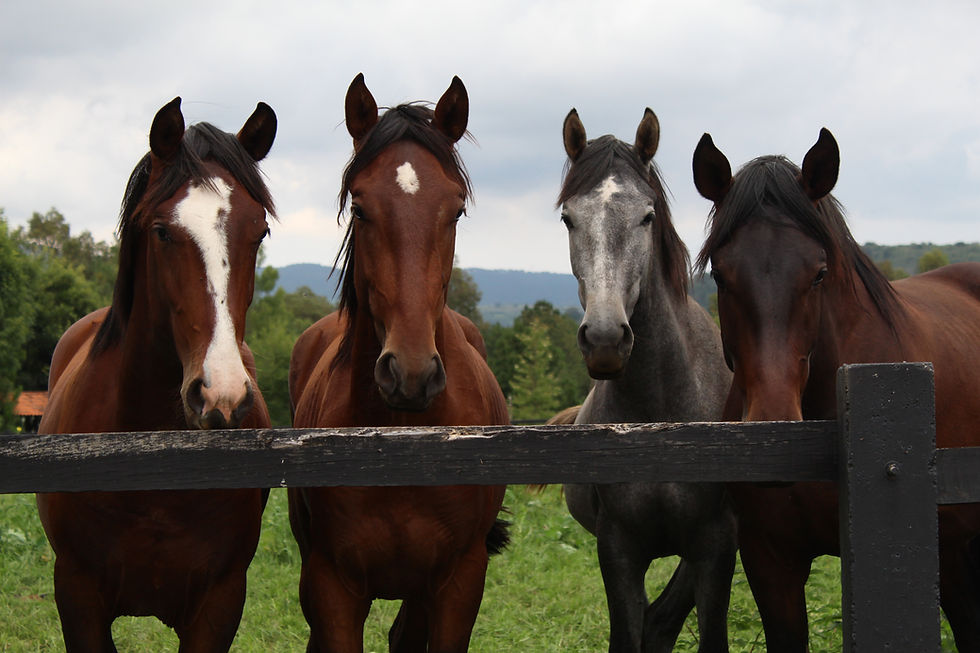In order to maintain your horse's health and performance, it is important to provide them with a balanced diet that meets their nutritional needs. One of the essential micronutrients for horses is selenium. This mineral plays a crucial role in maintaining their overall health and well-being.
What is selenium? Selenium is a mineral that is found in trace amounts in the soil and, as a result, in plants and animals. It is an essential component of several enzymes that protect cells from oxidative damage and support immune function.

Why is selenium important for horses?
Selenium is involved in several important functions in the horse's body, including:
Antioxidant protection: Selenium acts as an antioxidant, neutralizing harmful free radicals and protecting cells from oxidative damage. This helps to reduce the risk of conditions such as muscle disease, liver disease, and certain types of cancer.
Reproductive health: Selenium is important for the proper functioning of the reproductive system and is involved in sperm production and fertilization.
Immunity: Selenium plays a role in the immune system, helping to protect horses against infections and disease.
Muscle health: Selenium is involved in muscle function, and a deficiency can lead to muscle weakness, wasting and exercise intolerance.
How much selenium do horses need? The recommended daily intake of selenium for horses varies depending on the horse's age, weight, and level of activity. However, the National Research Council (NRC) recommends that adult horses receive a minimum of 0.1 mg/kg of dry matter intake (DMI) per day.
Sources of selenium for horses Selenium can be obtained from both dietary and supplemental sources. Common dietary sources of selenium for horses include hay, pasture, and grains grown in selenium-rich soil. However, the amount of selenium in these sources can vary greatly depending on the soil in which they were grown.
If you're looking for a supplement that supplies optimal trace minerals - not just selenium, but also copper, zinc and iodine, which are also typically deficient in hay and pastures, Sound Advice Trace Mix and Sound Advice Biotin Trace both contain selenium yeast 'sel-plex'.
Sources:
National Research Council (NRC). (2007). Nutrient Requirements of Horses (Sixth Revision). National Academies Press, Washington, D.C.
American College of Veterinary Nutrition (ACVN). (2019). Nutrition of the horse. Merck Veterinary Manual.
Koterba, A.M. and Getty, S. (2018). A review of selenium toxicosis in horses. The Veterinary Journal, 237, pp. 72-77.

Comments